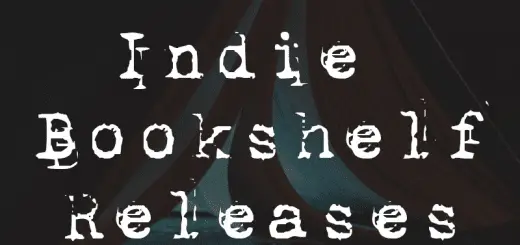Four Things Star Wars Can Teach a Writer
 As an author, you never stop looking for inspiration and knowledge on the craft of writing.
As an author, you never stop looking for inspiration and knowledge on the craft of writing.
Star Wars IV is a great piece of writing and a master class in the fundamentals of storytelling.
From using archetype characters, good and evil themes, foreshadowing (who starts with Episode 4?), plotting, and editing, watching this movie is never boring; which you never want your writing to be.
Here are four more things that a writer can learn from Star Wars.
- Strong voice
“Use the Force, Luke.”
“I’ve got a bad very bad feeling about this.”
“I find your lack of faith…disturbing.”
“Aren’t you a little short for a Stormtrooper?”
“Laugh it up fuzzball.”
Obi-Wan, Luke Skywalker, Darth Vader, Princess Leia, and of course Han Solo playing their archetype characters have unique ways of seeing their world. This allows the writer to reveal through their dialogue: story information, character traits, tone, scene, and theme. Leaning into the archetype allows the writer the freedom to go big with their dialogue which gives the characters a strong voice. And isn’t that what makes a character interesting?
- Great settings
Star Wars IV has great settings. If you close your eyes and envision being on the Millennium Falcon your heart begins to speed up, you know you’re going fast, and it’s going to be fun.
Or when our heroes go from the sterile prison hall to sliding into the Death Star’s filthy trash compactor. The compactor floor is covered with two feet of water and piles of debris, with low lighting. Here they encounter a creature living there and then having the walls try to compact them. The compactor floor is covered with two feet of water and piles of debris, with low lighting. Great scene in a great setting.
Or the planet Tatooine with its two suns covered in the sand yet the skeletons of sea creatures buried in the sands and canyons which could only be formed by water. The fact that this place is on the outskirts of the galaxy makes this a great setting to find our hero.
When writing if you can turn a setting into another character you have achieved something special.
- Epic Quest
Do the stakes get any higher than freedom for an entire galaxy? The plans for the Death Star is the only way to find the chink in this unstoppable killing machine. On the way, these characters must make their own growth journeys to accomplish this goal. Luke Skywalker goes from naïve farm boy to Jedi apprentice. Obi-Wan from a seasoned retired veteran to rejoining the war he started. To Princess Leia becoming leader of the Rebel forces. To outlaw Han Solo, becoming a rebel fighter, going from not giving a damn too willing to sacrifice his ship and his life for the rebel cause
A footnote here is that not every character needs an epic quest. R2-D2, C3PO, Chewbacca are the same at the beginning and at the end, and I will even say throughout the franchise. Sidekick characters often have unique skills or our comedic in nature and are what we love about them when they show up in a story.
- World-building
What sets Star Wars apart from other science fiction shows is their commitment to peeling back the entire world these folks live in. Much has been made about the politics in the Star Wars franchise but I have had many conversations about the maneuverings of Palpatine, and his outmaneuvering of the Jedi.
How fun is the criminal element in Star Wars? Including these folks into your story opens up endless storytelling opportunities and again characters with unique voices.
The Jedi and their beliefs caused instant conflict for a group whose mission is to keep the peace but were on the front lines leading battle during the Clone Wars.
Bounty hunters, Jedi, Clone Troopers, Droids, and Politicians, provide a different point of view for this world and writers with endless story opportunities.
When writing keep these concepts in mind and…
…May the Force be with you!
- About the Author
- Latest Posts
Warren Nast is a freelance writer with articles in Harrisburg Magazine. Nast can be reached at his website: Penshido.com or followed on twitter @penshido. Nast lives in Camp Hill, PA.












